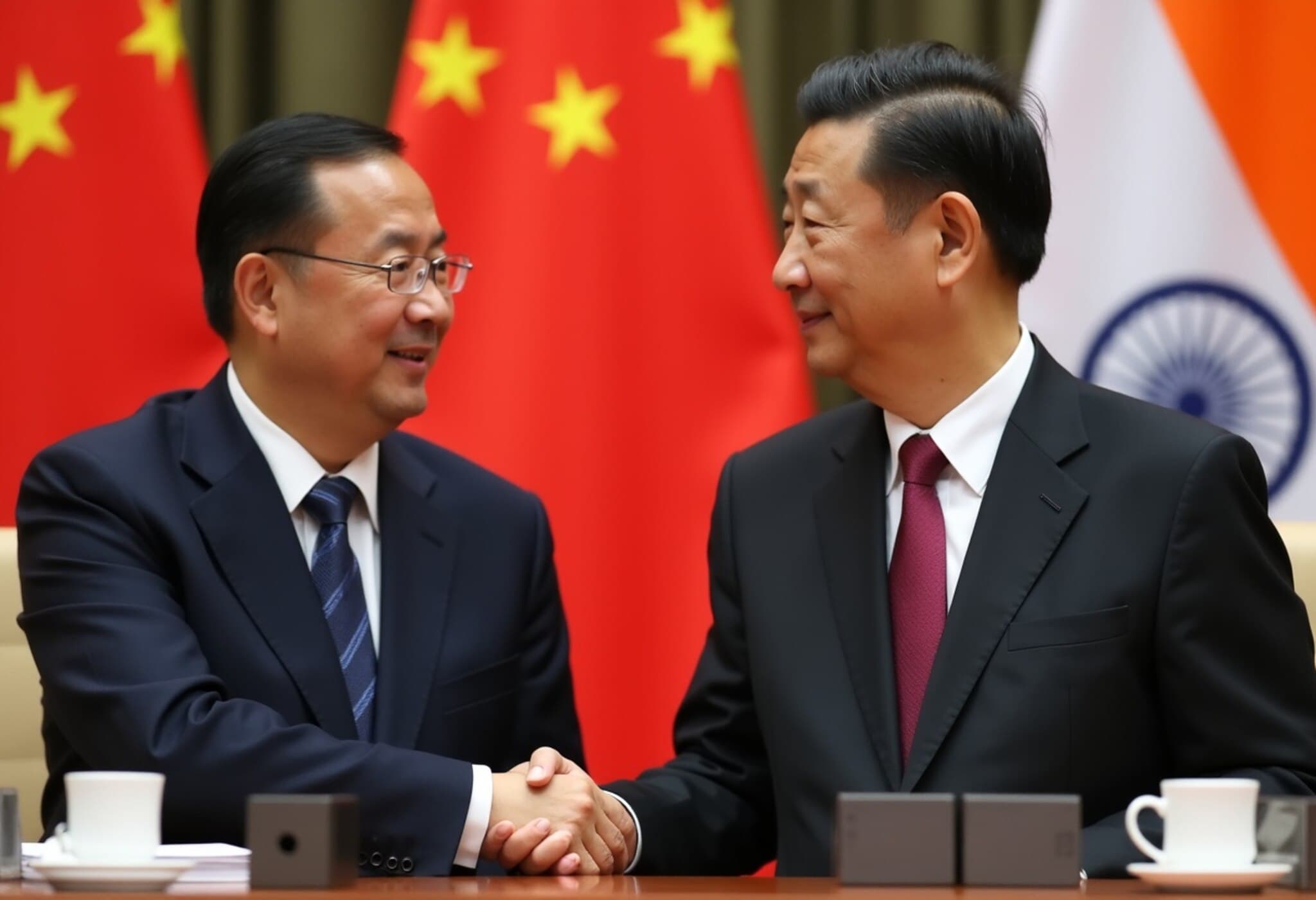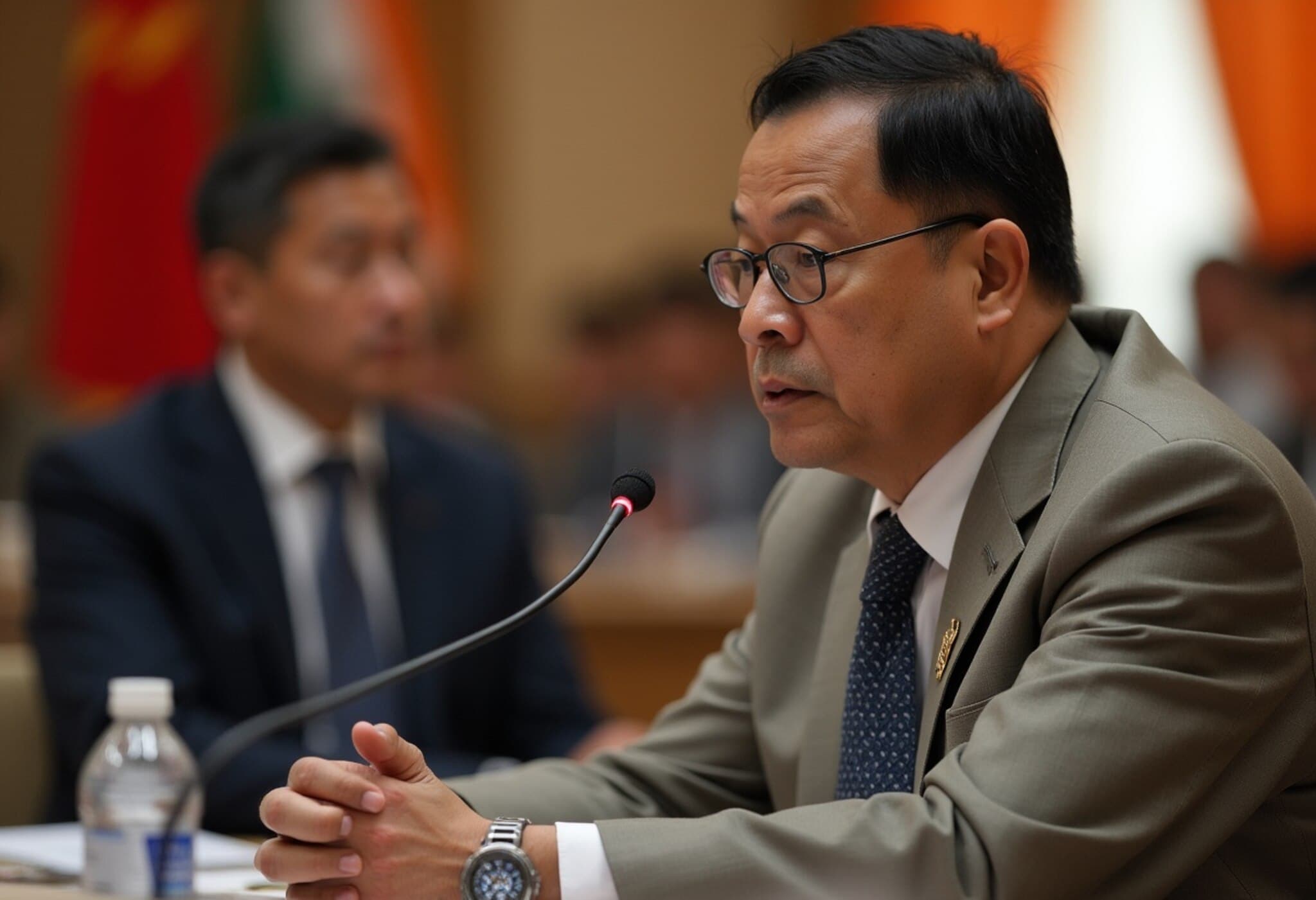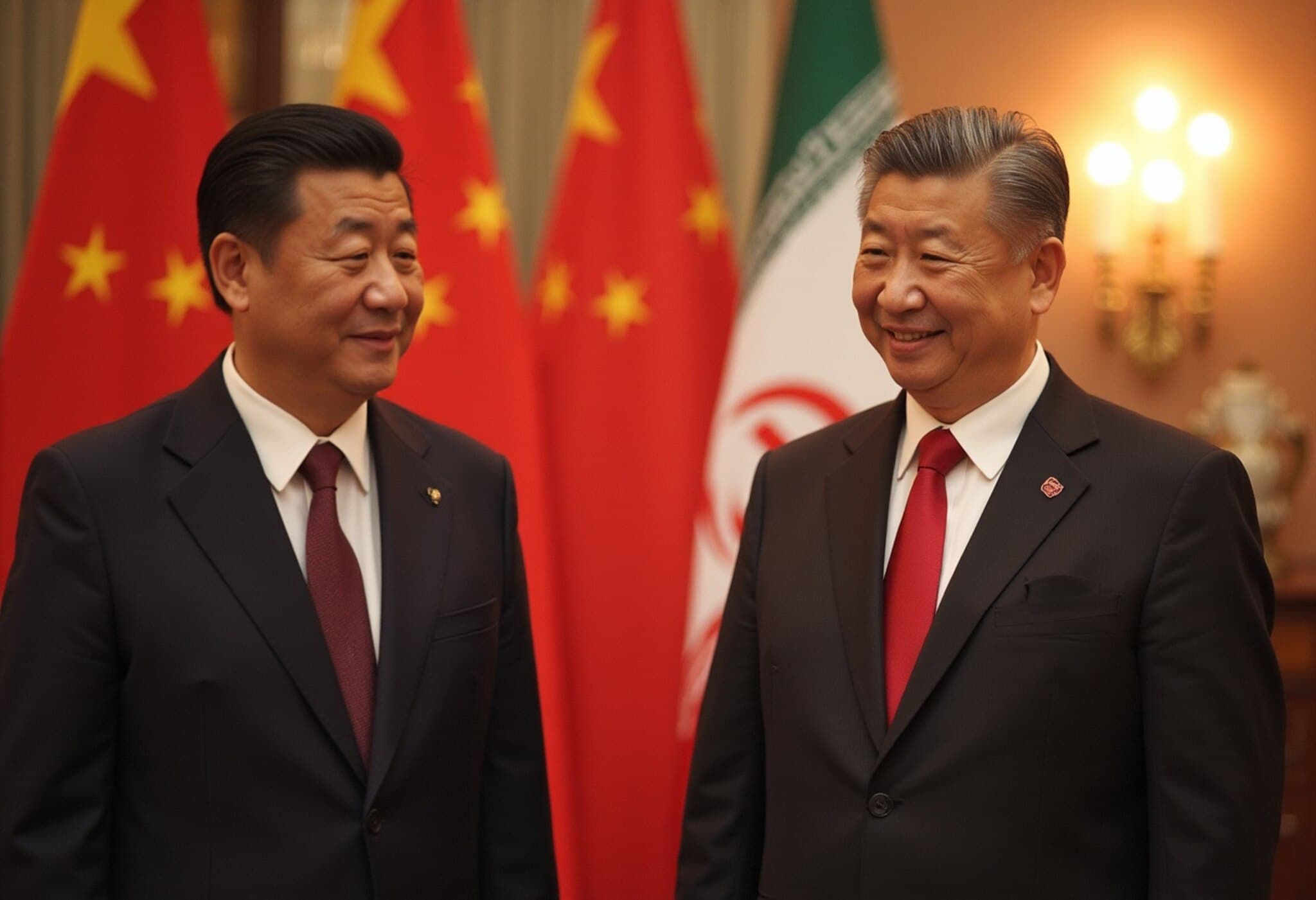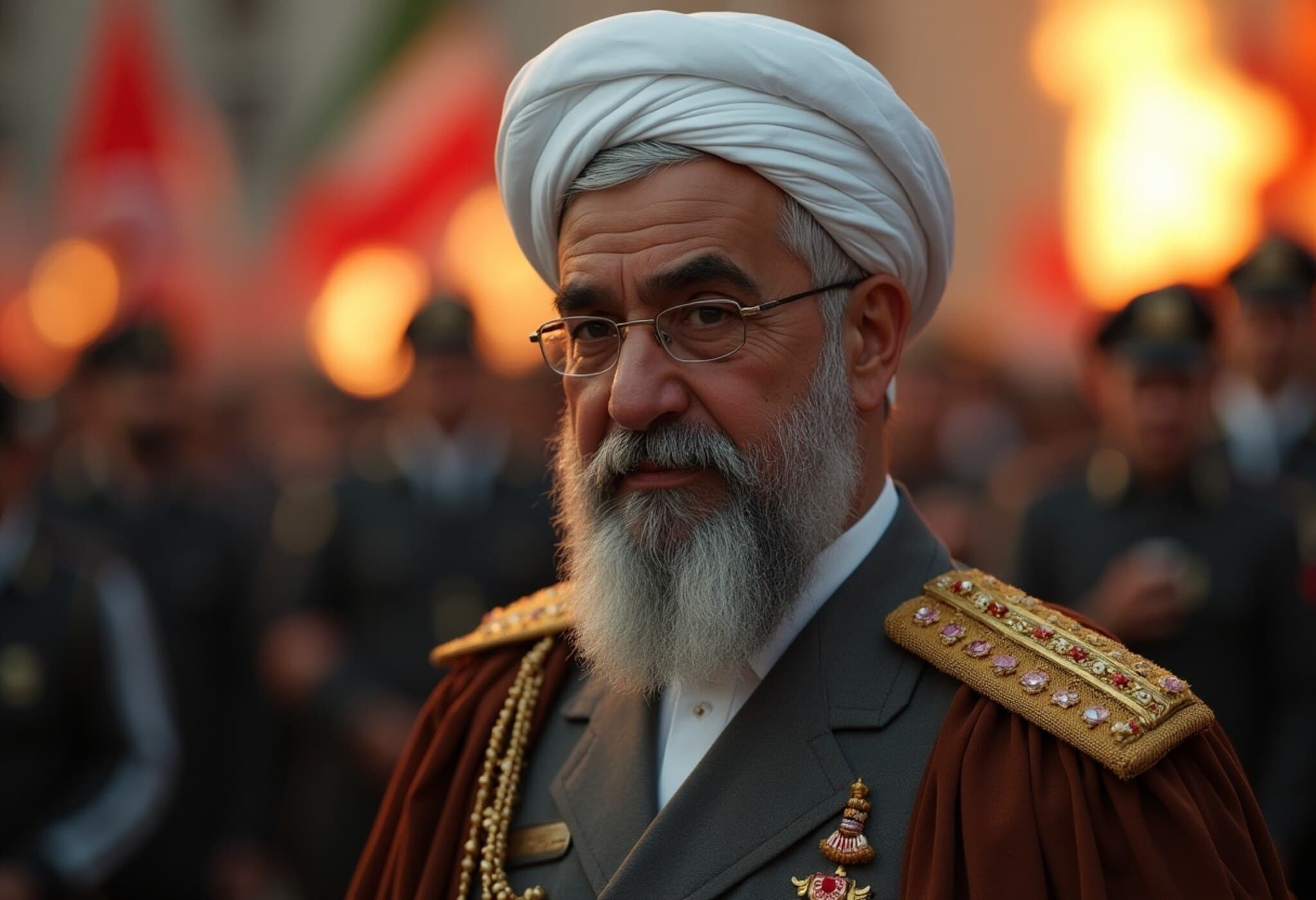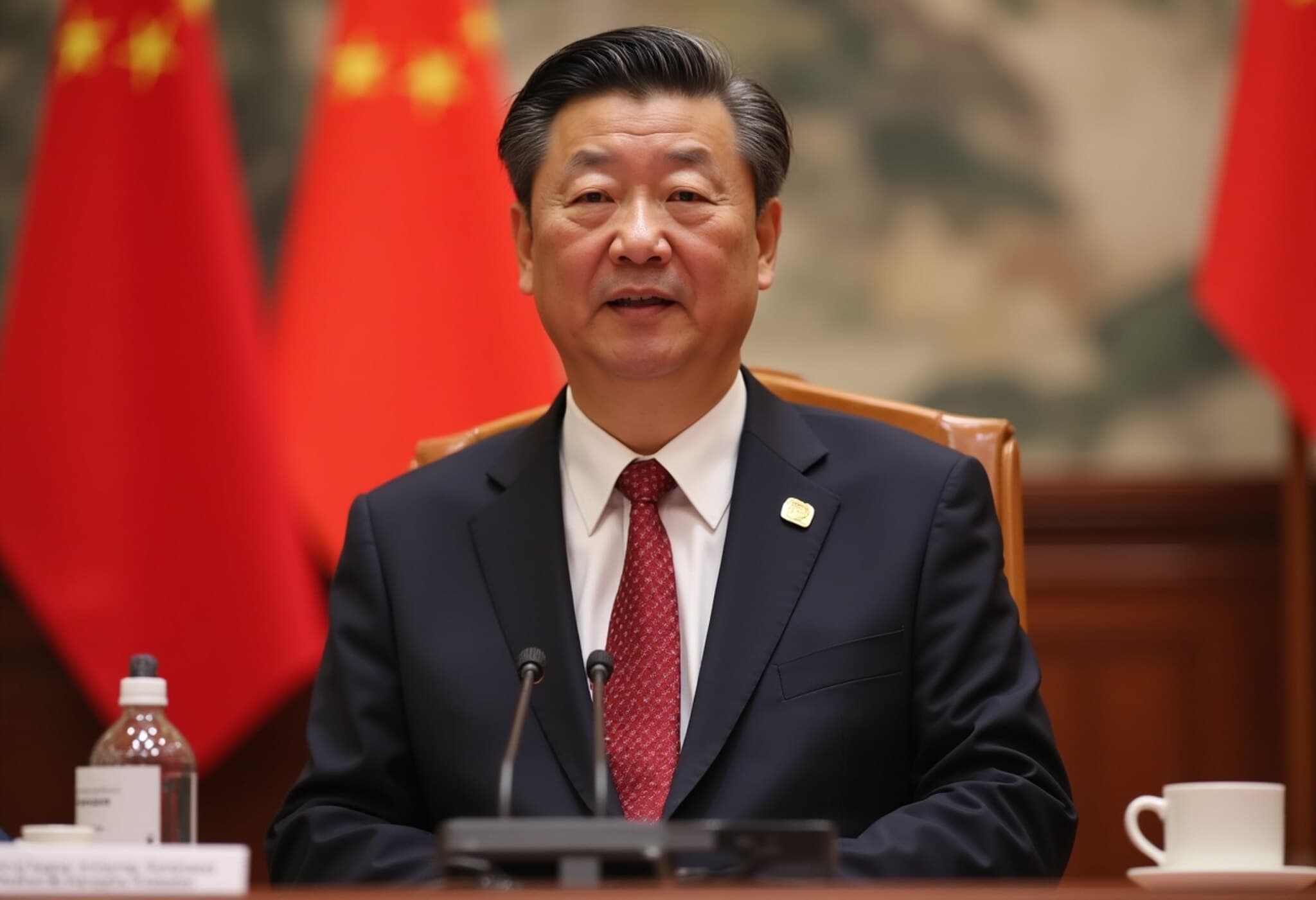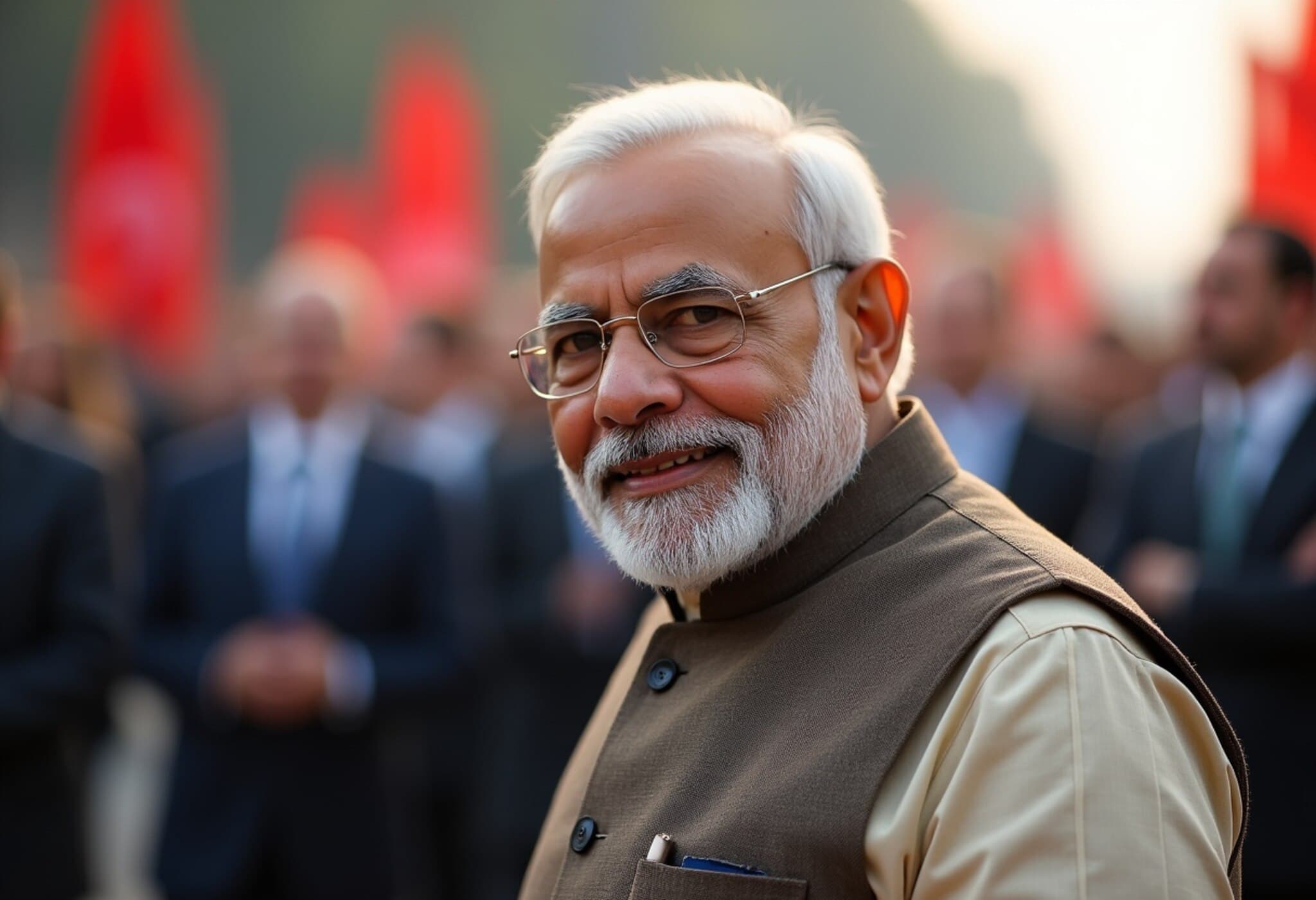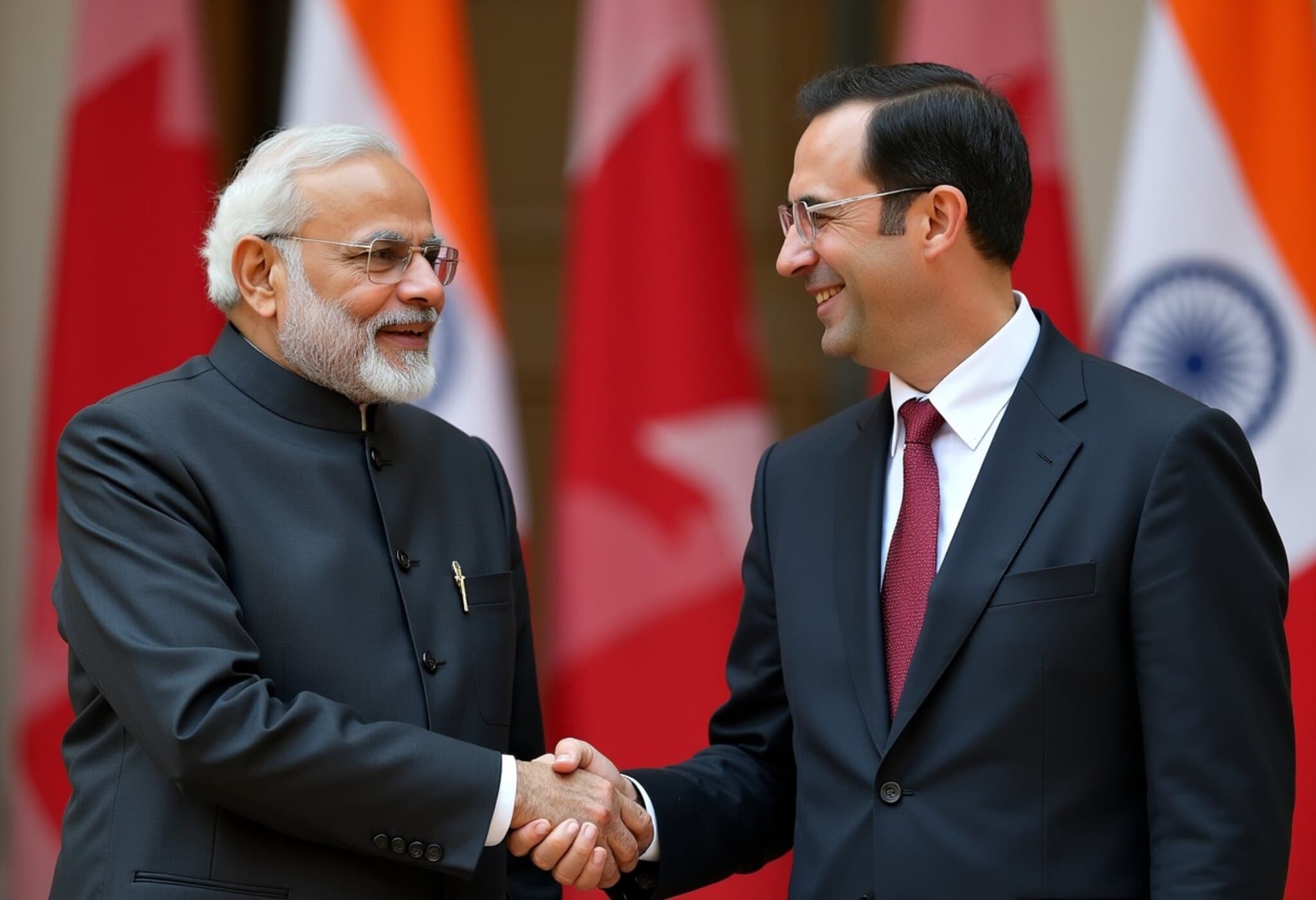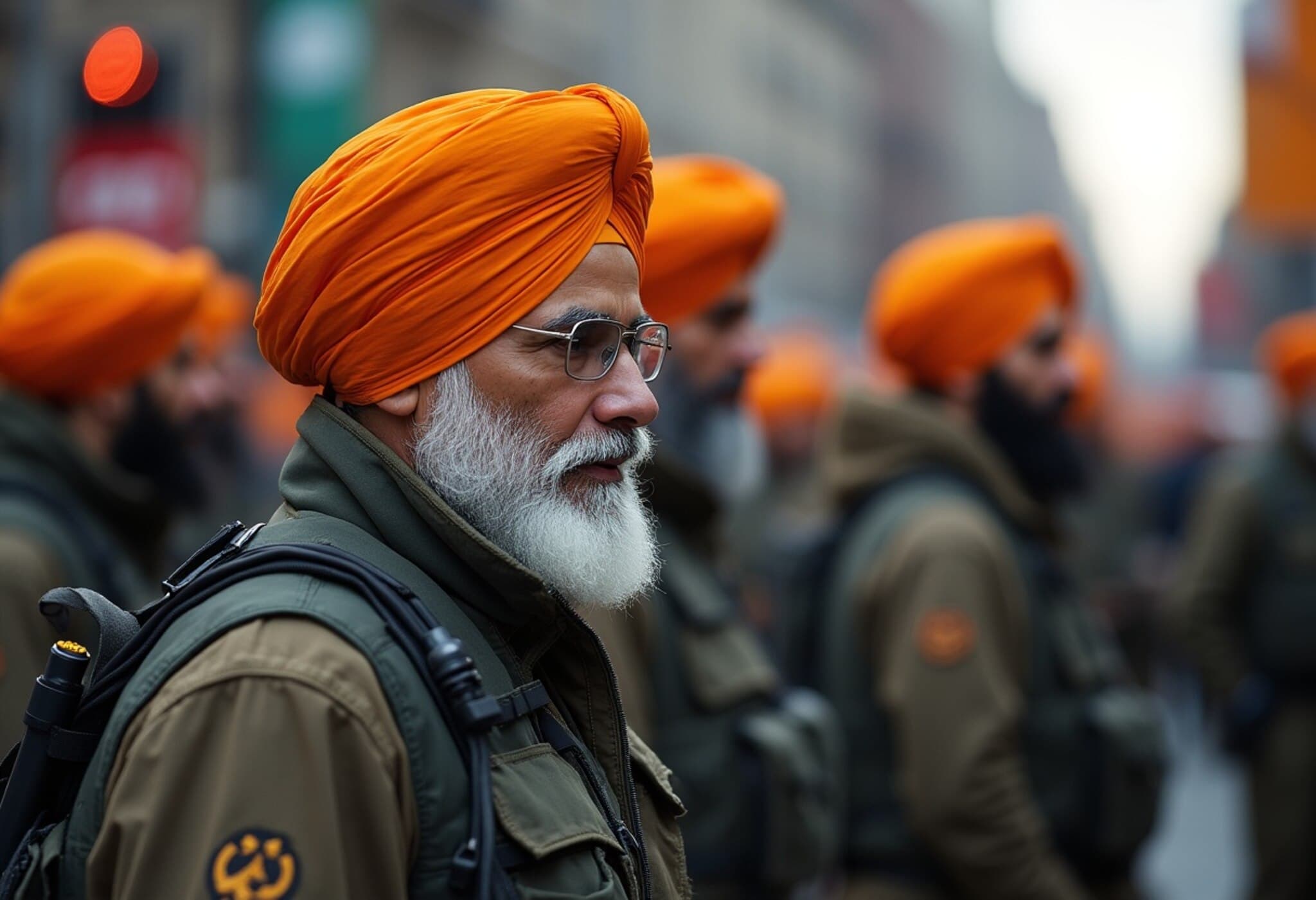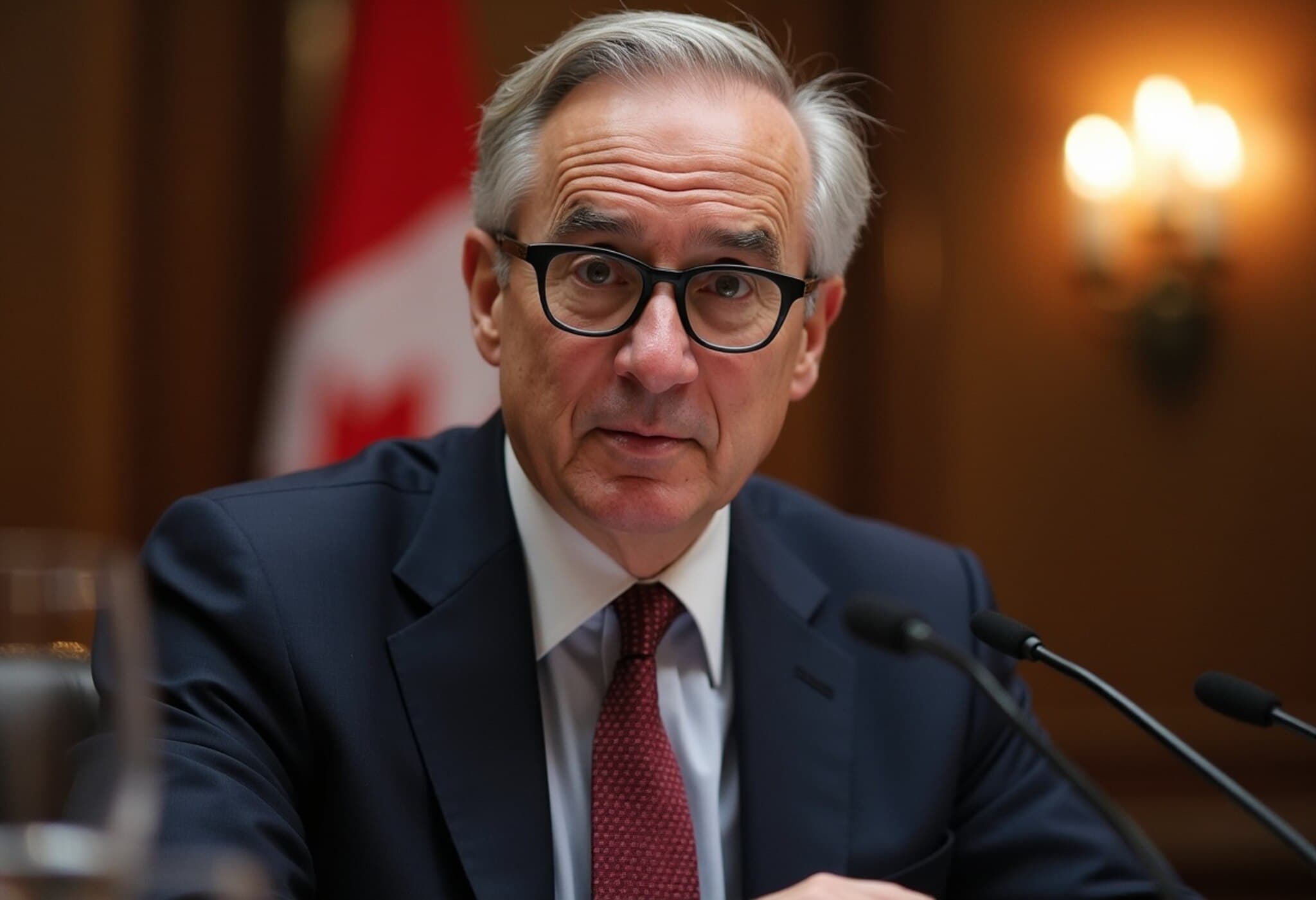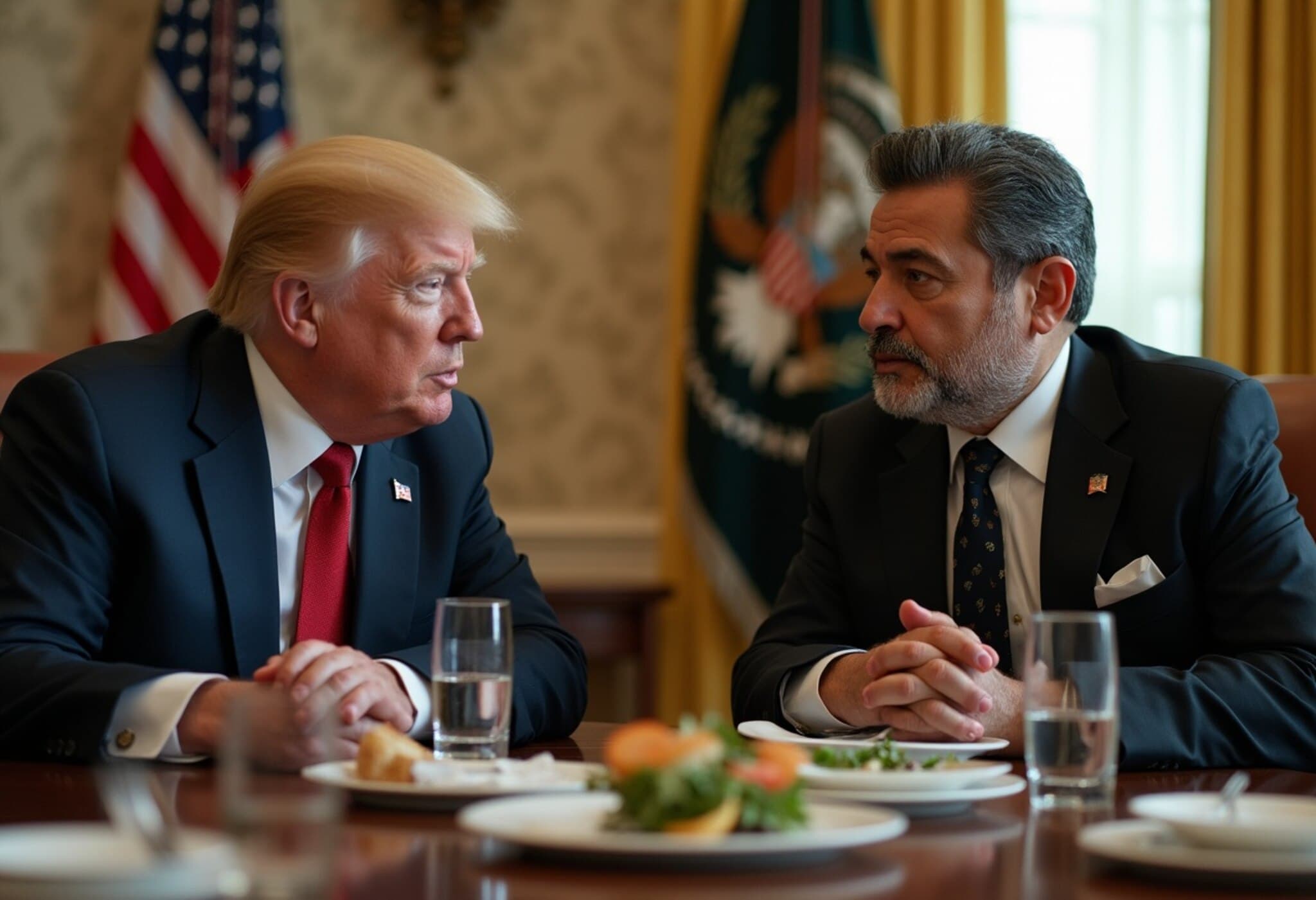Canadian Security Intelligence Service Flags Khalistani Extremism
For years, India has voiced concerns about Khalistani extremists operating within Canada’s borders. Now, for the first time, Canada’s top intelligence agency has publicly acknowledged this reality, confirming that Khalistani groups use Canadian soil to promote their agenda, raise funds, and plan violent activities targeting India.
CSIS Report Shines Light on Domestic Threat
The Canadian Security Intelligence Service (CSIS) revealed in its latest annual report that Khalistani extremists remain active in Canada, treating the country as a base for supporting political violence abroad. This marks a significant departure from past stances, as it is the first official acknowledgement by Canadian authorities of the term "extremism" associated with Khalistani actors.
The report states unequivocally: "Khalistani extremists continue to use Canada as a base for the promotion, fundraising or planning of violence primarily in India."
Historical Context and Security Concerns
Since the 1980s, politically motivated violent extremism (PMVE) tied to Khalistani groups has been a persistent concern in Canada. These groups advocate for the creation of an independent Khalistan state, mainly within India’s Punjab region, and have a history of supporting and orchestrating violent actions.
CSIS notes that although there were no Khalistani-related attacks within Canada in 2024, the activities of these groups continue to pose a national security risk both domestically and internationally.
Broader Foreign Interference Worries
The intelligence agency also raised alert over foreign interference from other state actors. Both CSIS and the National Security and Intelligence Committee of Parliamentarians (NSICOP) identified Pakistan as engaging in efforts to influence Canada’s democratic institutions, as outlined in reports from May and June 2024.
Diplomatic Relations and Recent Developments
These revelations arrive amid high-profile diplomatic engagement between Indian Prime Minister Narendra Modi and Canadian Prime Minister Mark Carney, who met in person for the first time at the 2025 G7 summit held in Canada. Their discussions focused on easing tensions exacerbated by the 2023 assassination of pro-Khalistan separatist Hardeep Singh Nijjar in British Columbia.
The Canadian government continues its investigation into Nijjar's killing, which led to the arrest of four suspects in May 2024 facing charges of first-degree murder and conspiracy.
Following their summit talks, both leaders pledged to appoint new High Commissioners and jumpstart stalled trade negotiations, signaling a willingness to build a more constructive and balanced partnership grounded in mutual respect.
Implications and Looking Ahead
This acknowledgment from Canadian intelligence agencies affirms India’s longstanding stance regarding extremist activity within Canada’s borders. It also underscores the delicate balance Canada must maintain between upholding national security and managing complex international relationships.
As diplomatic efforts intensify, Canada and India face the challenge of navigating these security concerns while fostering cooperation on economic and geopolitical fronts.





